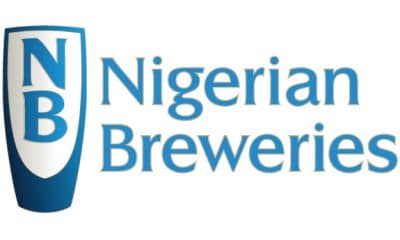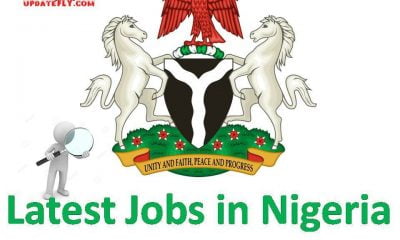Business
Economic Crisis: Many Nigerians Can No Longer Afford Beer – Nigerian Breweries CEO

The Chief Executive Officer of Nigerian Breweries Plc, Hans Essaadi, has stated that due to the current economic situation in Nigeria, citizens are finding it difficult to afford beer.
Naija News reports that Essaadi made this statement on Monday during an investor call that followed the release of its 2023 results.
Essaadi noted that it had been an unparalleled year for their business in Nigeria, witnessing a notable downturn in the mainstream lager market due to Nigerian consumers’ inability to afford a Goldberg after a laborious day.
According to Bloomberg, NB incurred a foreign exchange loss of N153 billion attributed to the devaluation of the naira for the year ending December 2023.
NB increased the prices of its products in August 2023 to offset the continuous surge in input costs.
Among the alcoholic beverages produced by NB are Star Lager, Gulder, Legend Extra Stout, Heineken, Goldberg, Life, and Star Radler.
The NB Board of Directors commented on the financial results: “The Nigeria business landscape experienced significant shifts in 2023 with substantial impact on businesses and livelihoods nationwide. The redesign of the naira notes, which resulted in a cash shortage that severely hampered social and economic activities nationwide, set the tone for a turbulent year.
“High double-digit inflation rates (with food inflation at more than 30 per cent), removal of subsidy on premium motor spirit (fuel), devaluation of the naira, and foreign exchange scarcity further exacerbated the already difficult environment for the populace and businesses.”
He added that despite the headwinds, “The company was able to grow its revenue by nine per cent compared to the previous year aided by a positive price mix. However, the operating profit fell by 15 per cent due to higher input cost and one-off reorganisation costs despite strong and aggressive cost savings and other efficiency measures. Coupled with the impact of the devaluation of the naira, which resulted in a foreign exchange loss of N153 billion, the Company recorded a net loss of N106 billion during the year.”
The board emphasized its readiness to leverage its extensive experience in Nigeria to navigate the current macroeconomic challenges.
Despite the challenging environment, the company said it is committed to drawing from its over 77 years of operation in Nigeria to adapt to present conditions.








